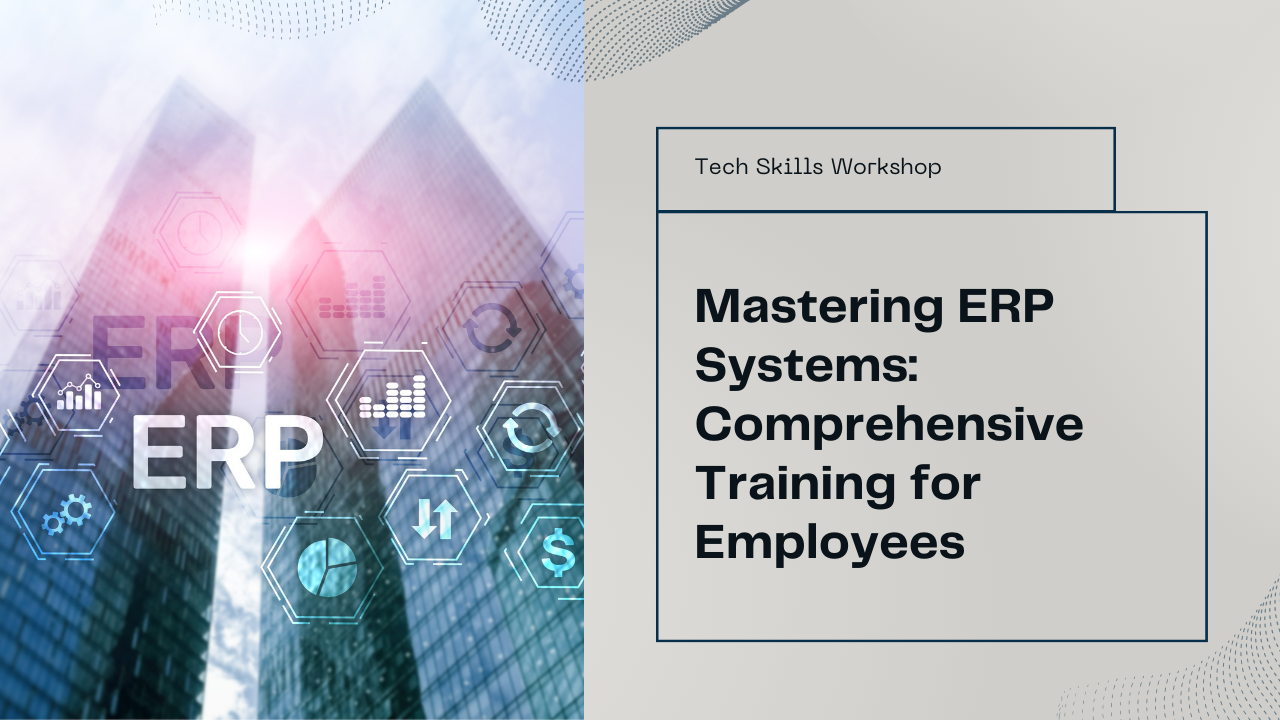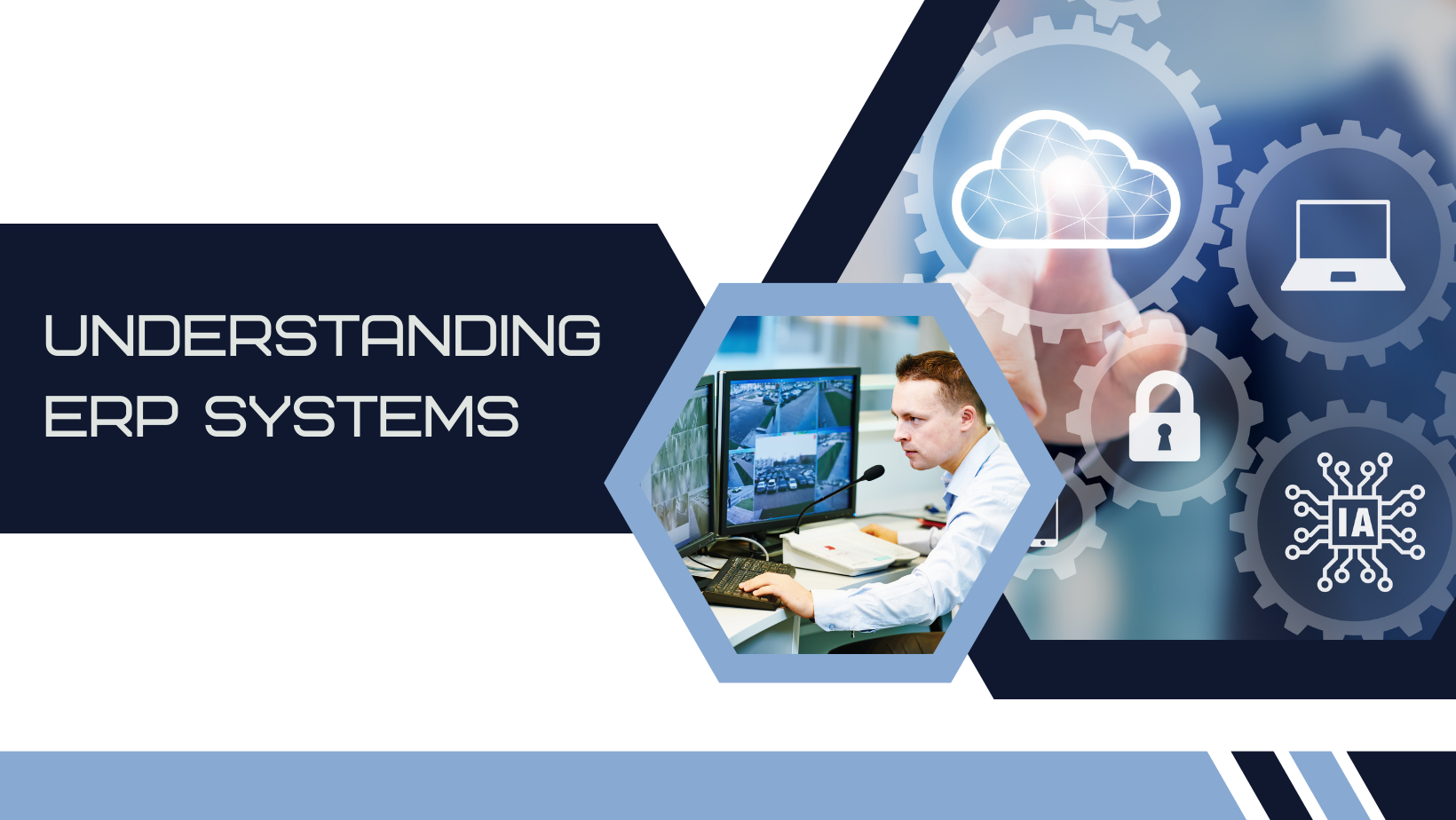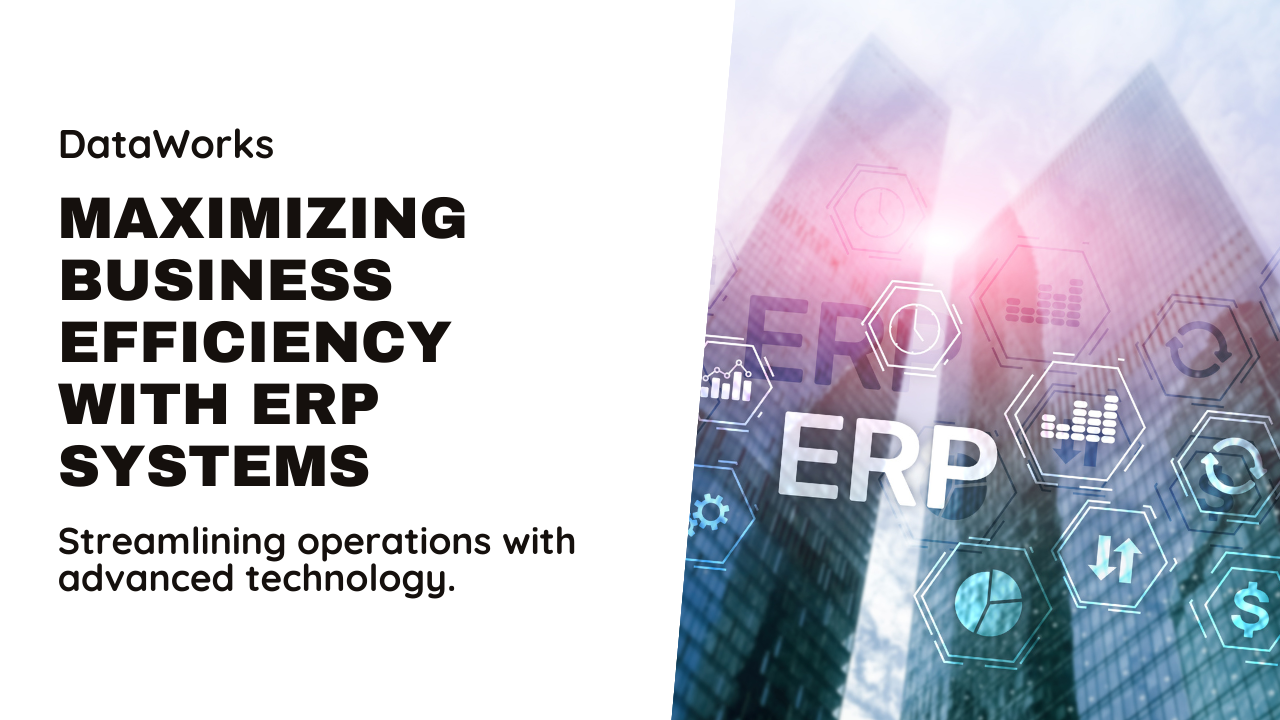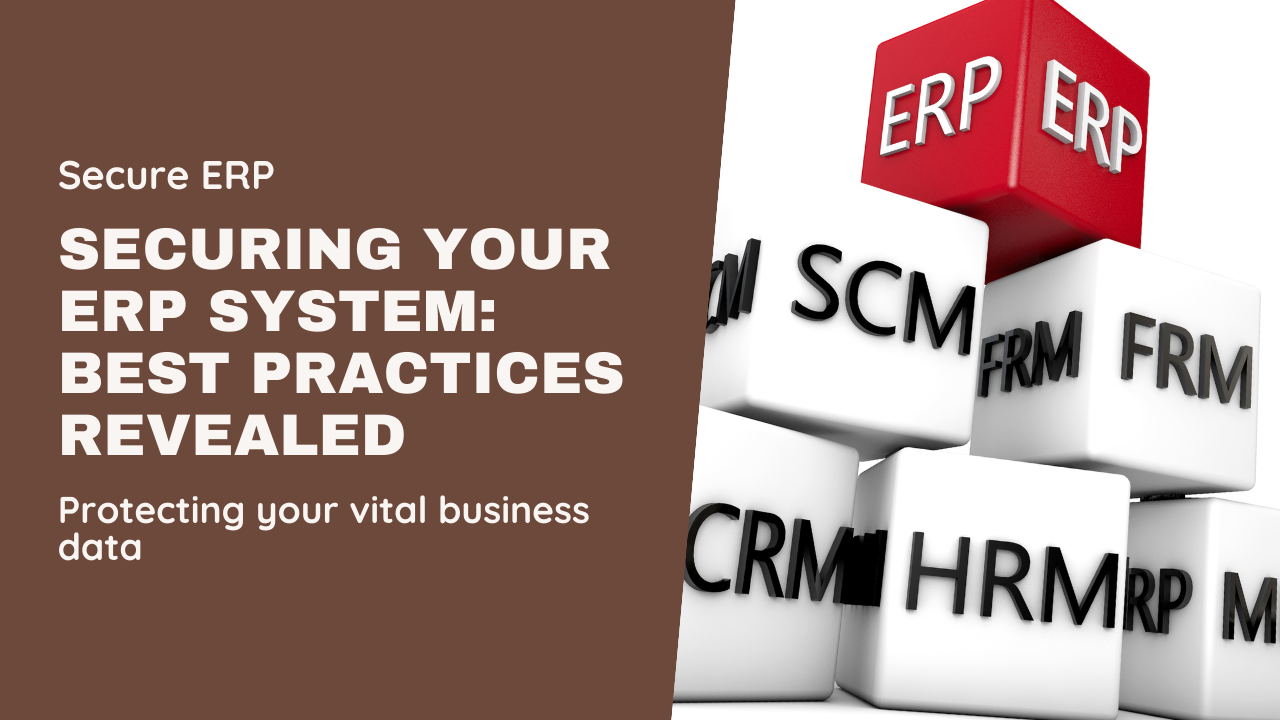Enterprise Resource Planning (ERP) systems are powerful tools that streamline business processes, enhance data visibility, and improve decision-making. However, the successful implementation and utilization of ERP systems heavily depend on how well employees are trained to use them. This blog explores the importance of ERP training, effective training strategies, implementation tips, and the benefits of comprehensive ERP training for organizations.
Importance of ERP Training for Employees
ERP systems integrate various business functions into a single platform, including finance, HR, supply chain, and customer relationship management. Training employees on ERP systems is crucial for several reasons:
- Maximizing ROI: Properly trained employees can effectively use ERP functionalities, maximizing the return on investment in ERP software.
- Improved Efficiency: ERP training enhances employee productivity by streamlining processes and reducing errors associated with manual data handling.
- Enhanced Data Accuracy: Trained employees understand ERP data entry requirements and practices, ensuring data accuracy and integrity across the organization.
- Adoption and Acceptance: Effective training fosters employee buy-in and acceptance of new ERP systems, minimizing resistance to change.
Effective Training Strategies for ERP Systems
1. Assess Training Needs
Before implementing ERP training programs, assess employees’ existing skills, knowledge gaps, and specific ERP modules they will use. Tailor training programs to meet diverse learning needs and job roles.
2. Develop Customized Training Programs
- Role-Based Training: Design training modules based on employees’ roles and responsibilities within the organization. Focus on relevant ERP functionalities they will use daily.
- Hands-On Exercises: Incorporate practical exercises and simulations to allow employees to interact with ERP software in a controlled environment.
3. Utilize Various Learning Methods
- Classroom Training: Conduct instructor-led training sessions to introduce ERP concepts, demonstrate software functionalities, and facilitate Q&A sessions.
- Online Training: Offer self-paced e-learning modules or webinars for flexible learning options, accessible anytime and anywhere.
4. Provide Continuous Support
- Training Materials: Develop comprehensive training manuals, user guides, and FAQs for ongoing reference.
- Help Desk Support: Establish a dedicated support team or help desk to address employees’ ERP-related queries and provide real-time assistance.
5. Encourage Peer Learning and Collaboration
- Workshops and Group Discussions: Organize workshops and group discussions where employees can share ERP tips, best practices, and challenges they encounter.
- Cross-Functional Training: Promote collaboration between departments by facilitating cross-functional ERP training sessions to foster a cohesive understanding of ERP workflows.
Implementation Tips for ERP Training Programs
1. Executive Sponsorship
Obtain support from senior management to emphasize the importance of ERP training, allocate resources, and encourage employee participation.
2. Phased Rollout
Implement ERP training in phases, starting with core functionalities before progressing to advanced features. This approach allows employees to build upon foundational knowledge progressively.
3. Feedback and Evaluation
- Surveys and Feedback Loops: Gather employee feedback through surveys or focus groups to assess training effectiveness and identify areas for improvement.
- Continuous Evaluation: Monitor ERP system usage metrics, user proficiency levels, and performance indicators to measure the impact of training on business outcomes.
4. Incentives and Recognition
- Recognition Programs: Acknowledge employees who demonstrate proficiency in using ERP systems effectively.
- Incentives: Offer incentives or rewards for achieving ERP training milestones or implementing process improvements using ERP insights.
Benefits of Comprehensive ERP Training
1. Enhanced Employee Confidence
Well-trained employees feel confident in using ERP systems, leading to increased job satisfaction and reduced anxiety about adopting new technologies.
2. Improved Operational Efficiency
ERP-trained employees streamline business processes, reduce manual errors, and optimize workflow efficiencies, contributing to overall operational excellence.
3. Support for Business Growth
Effective ERP training prepares employees to leverage advanced ERP functionalities, supporting scalability and adaptability to changing business needs.
4. Alignment with Organizational Goals
ERP training aligns employees’ skills and knowledge with organizational goals, fostering a unified approach to achieving strategic objectives.
Conclusion
ERP systems are powerful tools for driving organizational efficiency and agility, but their successful implementation hinges on effective employee training. By investing in comprehensive ERP training programs tailored to employees’ roles and learning preferences, organizations can unlock the full potential of ERP systems, enhance data-driven decision-making, and achieve sustainable business growth.
Training employees on ERP systems isn’t just about learning software; it’s about empowering employees to contribute effectively to organizational success in today’s competitive landscape. Embrace ERP training as a strategic initiative to foster innovation, improve employee engagement, and drive digital transformation across your organization.







